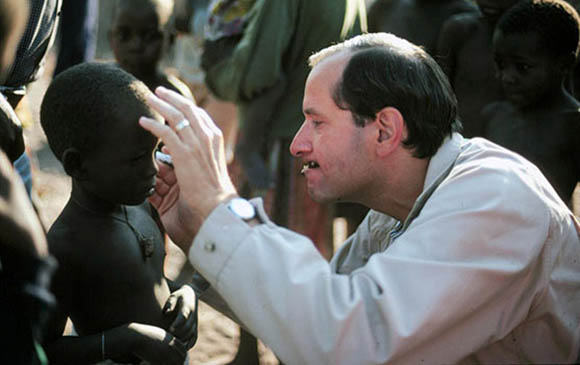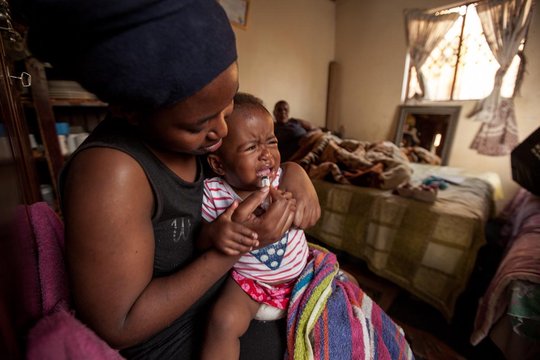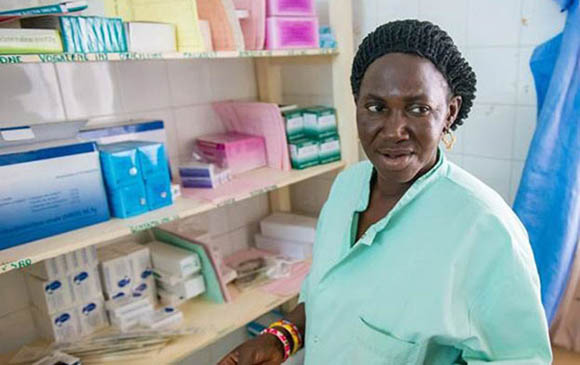Perspectives on Global Health
Recent Zika and Ebola virus outbreaks highlight the urgency for improved global disease surveillance and response programs, but efforts to contain epidemics bring some significant hurdles. In this newsletter, Alfred Sommer, Anne Schuchat, Rachel Cohen, and Julie Gerberding discuss their groundbreaking work rolling out lifesaving programs around the world. Each brings a unique perspective as a representative of one of the different kinds of organizations working together to combat infectious disease. Sommer, who is known for demonstrating that inexpensive vitamin A treatments drastically reduce childhood and maternal mortality, offers an outlook based on his research and clinical experience in the US and in developing countries. From the US Centers for Disease Control and Prevention, Anne Schuchat weighs in on how governments can directly improve human health. Rachel Cohen from the Drugs for Neglected Diseases initiative provides a view from the nonprofit sector, and Julie Gerberding from Merck speaks about the role of partnerships with industry.
Partnerships between governments, researchers, pharmaceutical companies, nonprofit organizations, and local communities are essential to epidemic surveillance and control efforts, especially in developing countries. Read on to learn about how these collaborations arise and how those involved cultivate trust and cooperation so that they can achieve shared goals.
Since the early burst of interest in epidemiology at the turn of the last century, scientists have achieved monumental advances in containing infection with vaccines. Thanks to William Foege’s strategies, smallpox was eradicated in 1980. Measles, pertussis, polio, rubella, and several other illnesses seemed to be on the path to eradication as well. Now, some of these diseases are on the rise again because of troubling misinformation, while others flourish because they are untraceable in conflict zones or other areas where tracking resources are scarce. Our contributors discuss new communication and surveillance tools that enhance their abilities to conduct epidemiological detective work, share their experiences addressing recent outbreaks, and reveal their hopes for ongoing vaccine development.





